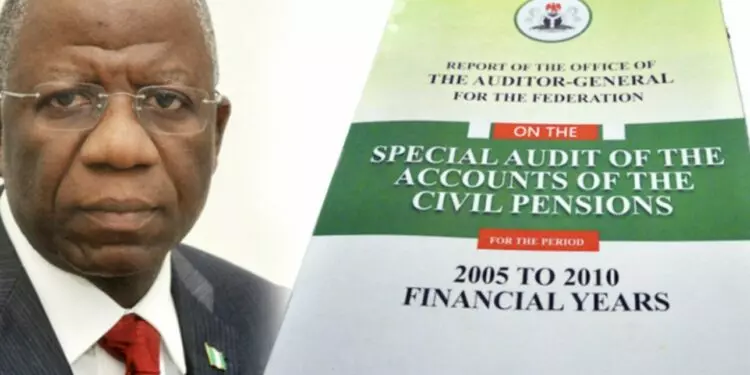President Bola Tinubu’s directive on Monday to fully implement the Oronsaye report has sparked discussions about the significant changes expected in various government agencies. Mohammed Idris, the Minister of Information and National Orientation, shared this development with State House correspondents after Monday’s Federal Executive Council meeting in Abuja.
Here are 13 crucial points to understand about the Oronsaye report:
- Former President Goodluck Jonathan commissioned the Presidential Committee on the Rationalization and Restructuring of Federal Government Parastatals, Commissions, and Agencies in 2012, with Stephen Oronsaye appointed as its head.
- The comprehensive report, spanning 800 pages, recommended the scrapping and merging of 220 out of the 541 existing government agencies.
- If implemented, over 100 heads of agencies and parastatals could lose their positions.
- Key recommendations include reducing statutory agencies from 263 to 161, abolishing 38 agencies, merging 52, and reverting 14 to departments within ministries.
- The report proposes conducting management audits of 89 agencies, incorporating staff biometric data, and ceasing government funding of professional bodies/councils.
- The report estimates potential savings of over N862 billion between 2012 and 2015 if the recommendations are executed.
- Estimated savings breakdown includes reductions from agencies proposed for abolition, mergers, professional bodies, universities, polytechnics, colleges of education, and federal medical center boards.
- Potential affected agencies include the Economic and Financial Crimes Commission, Independent Corrupt Practices and Other Related Offenses Commission, Federal Road Safety Commission, Nigerian Communication Satellite Limited, National Broadcasting Commission, Nigeria Communications Commission, Universal Basic Education Commission, Nomadic Education Commission, National Mass Literacy Commission, NTA, FRCN, and VON.
- Jonathan’s administration’s White Paper committee rejected most recommendations, with only some partially implemented.
- In November 2021, the Federal Government established two committees to review the Oronsaye report and its white paper, chaired by Goni Aji, and to review agencies created from 2014 till date, chaired by Amal Pepple.
- A third committee, chaired by Ebele Okeke, was tasked with producing a white paper on the reports’ findings.
- Okeke emphasized the need for dialogue with the National Assembly leadership, as many agencies were created based on bills from the legislative body.
- However, at the presentation of the white paper to the former Secretary to the Government of the Federation, Boss Mustapha, in Abuja, Okeke stressed that it is pertinent to discuss with the leadership of the National Assembly to achieve the desired result, adding that most of the agencies created were products of bills from the National Assembly.
These insights shed light on the complexity and potential impact of implementing the Oronsaye report on Nigeria’s government structure and operations.


